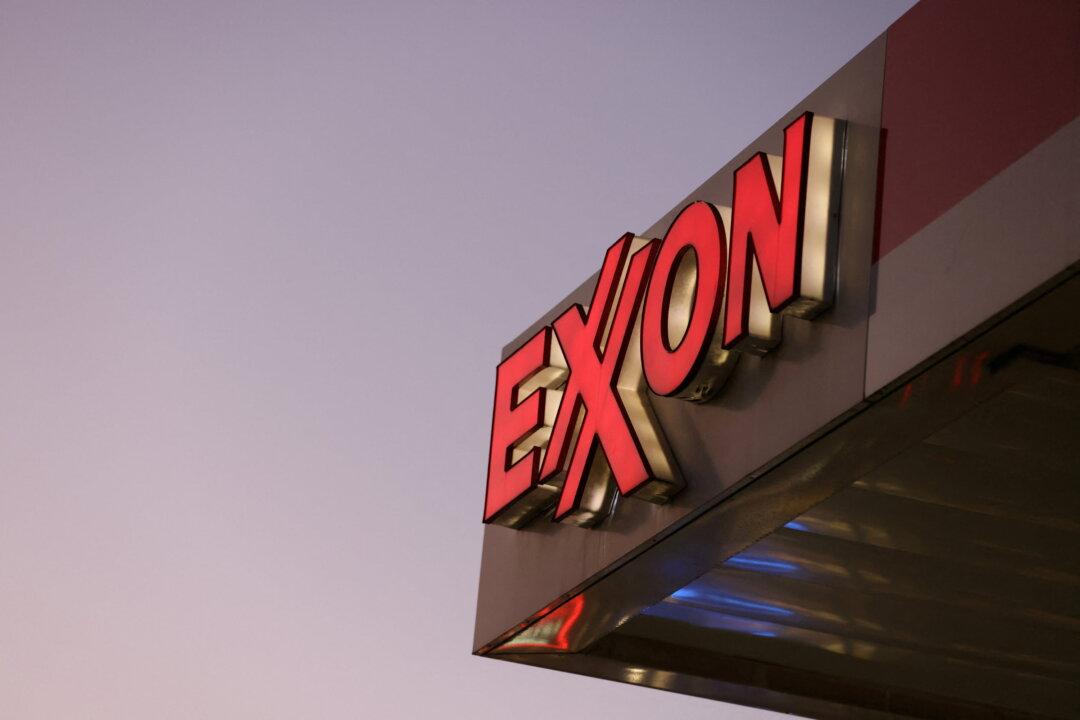A U.S. appeals court on Monday sided with several oil companies in a lawsuit alleging they colluded with then-President Donald Trump to negotiate with Russia and Saudi Arabia to cut oil production.
The lawsuit was filed by 24 consumers in March 2022, alleging that the oil giants colluded with the Trump administration to negotiate with Russia and Saudi Arabia to end their price war in 2020, which was triggered by the countries’ increased oil production that exceeded demand during the pandemic.





